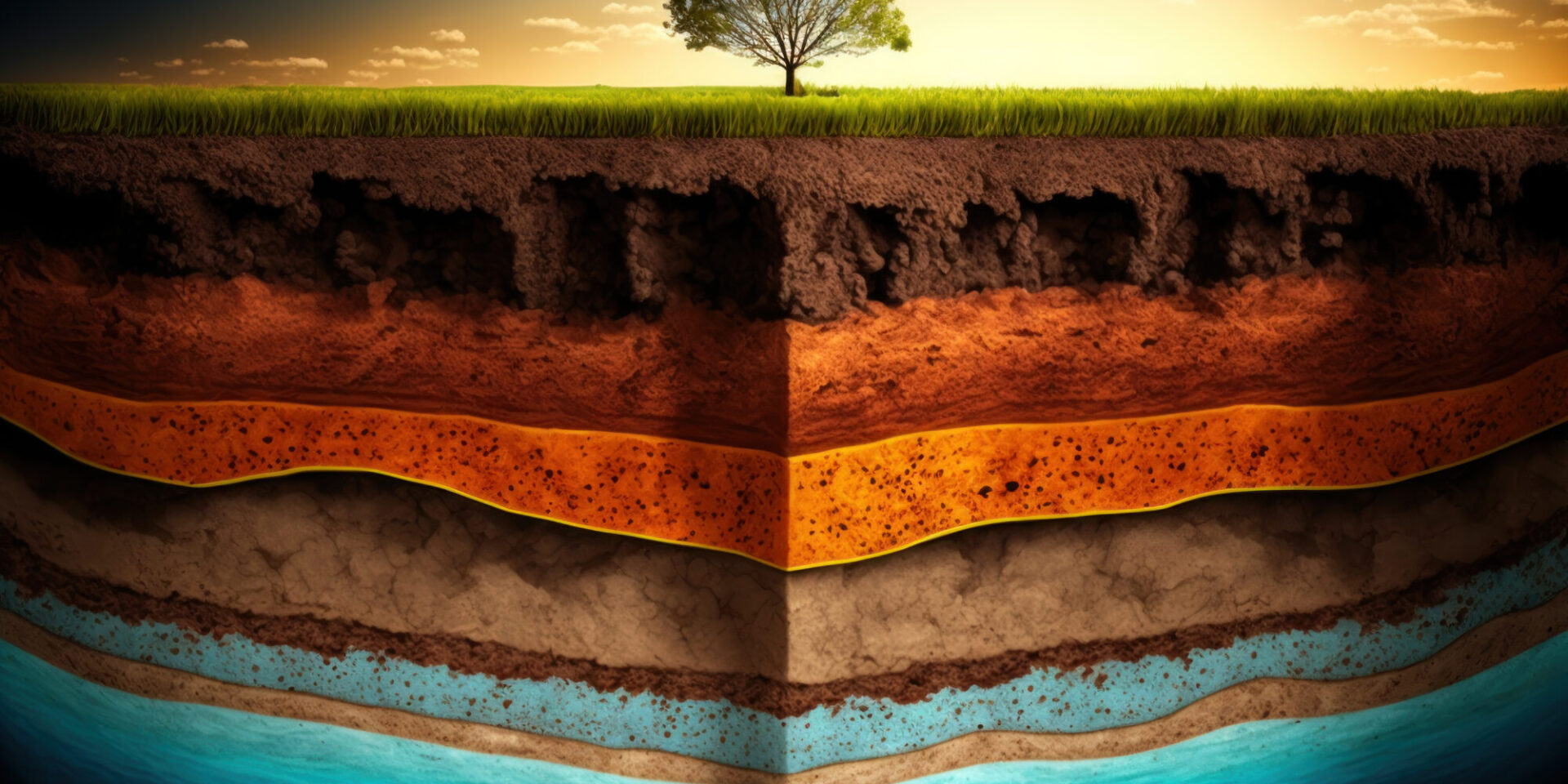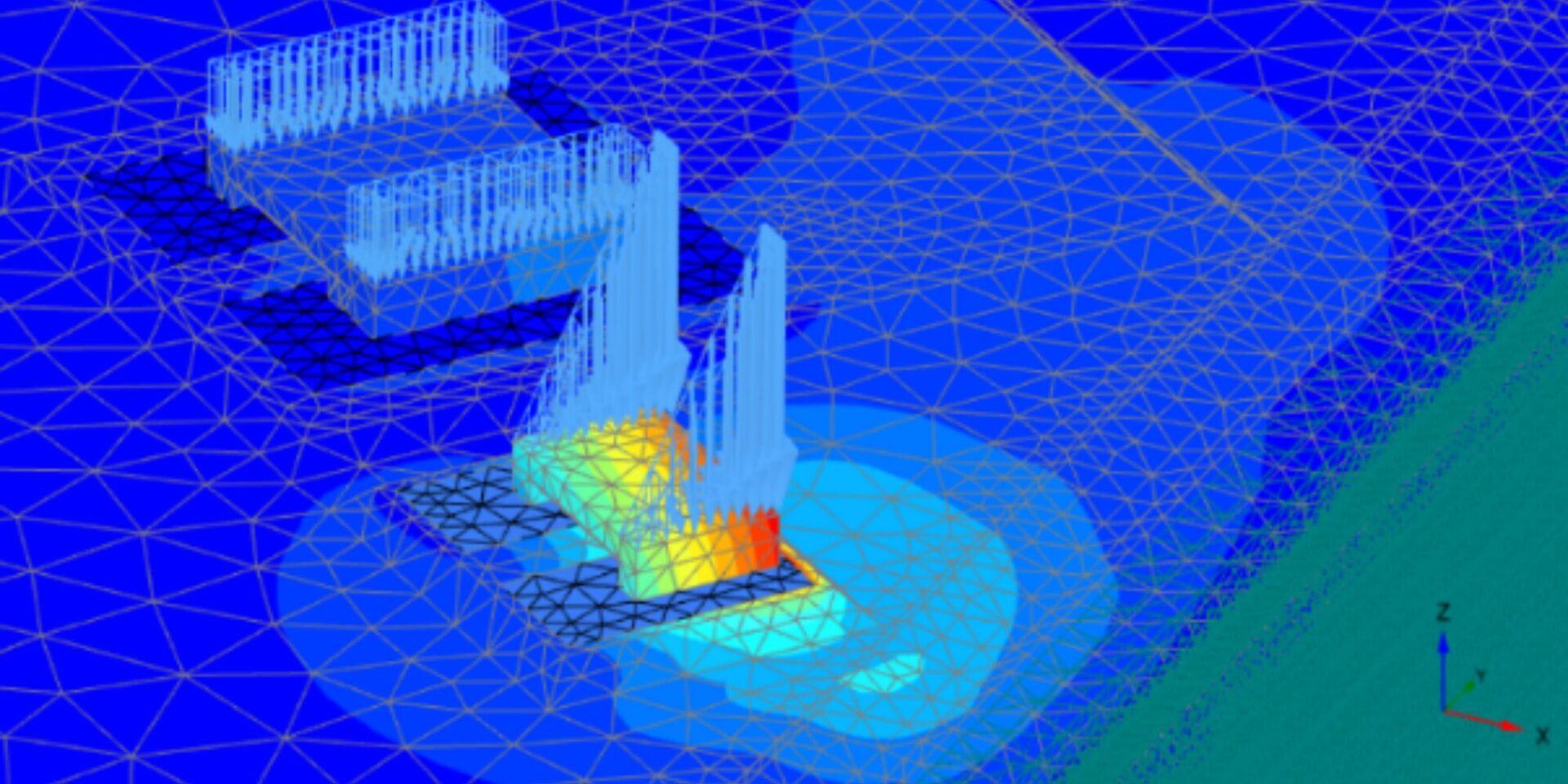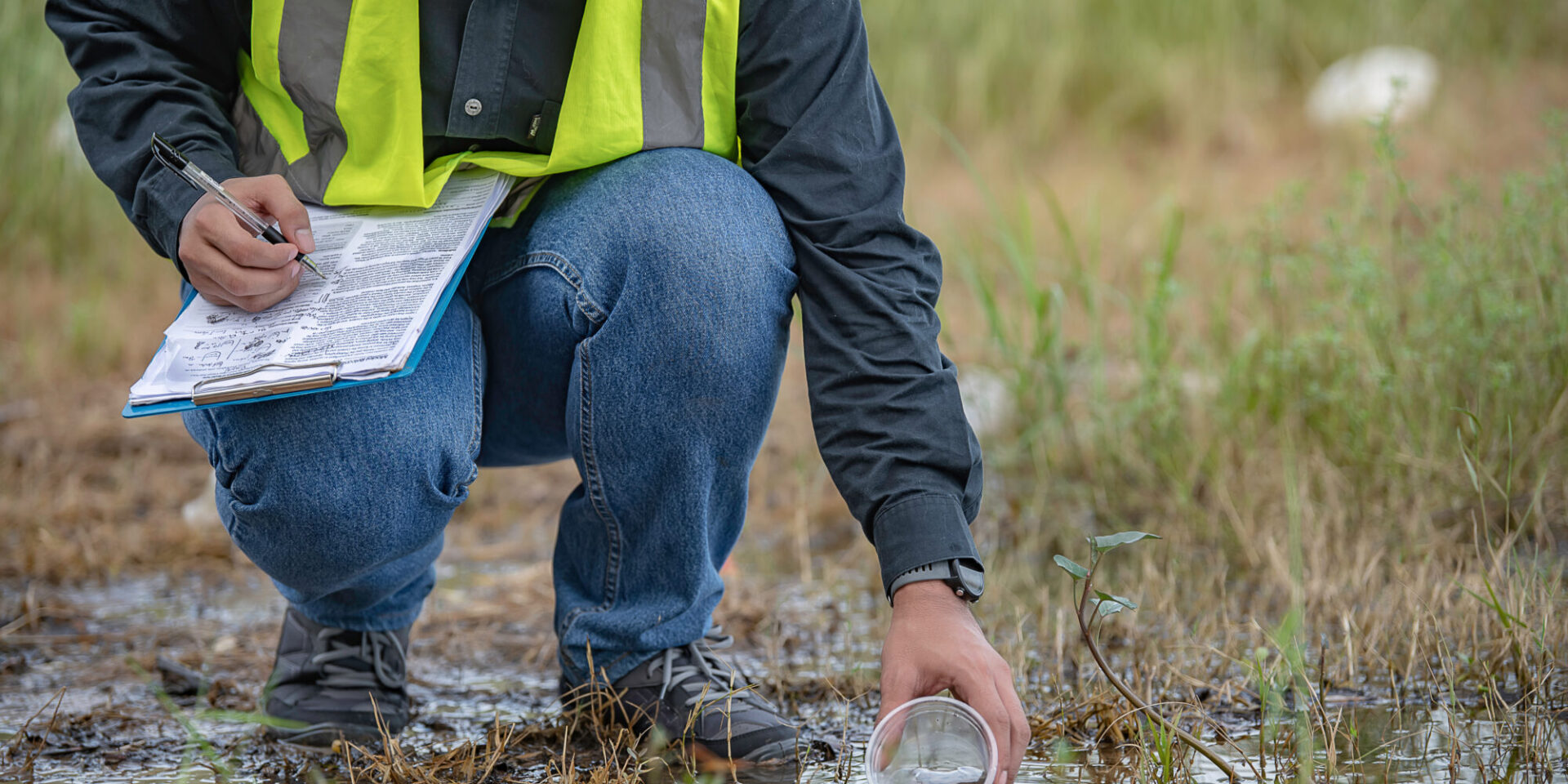Three types of remediation practices

Remediation refers to the process of addressing and fixing environmental or geotechnical issues on a site. It is needed to protect the environment, ensure the safety of people, comply with regulations, enable site reuse, and fulfill legal obligations. It involves identifying and treating contamination or unstable soil conditions, making the site safe and suitable for […]
Australia and New Zealand Conference on Geomechanics 2023

Cairns is all set to welcome the geotechnical engineering community as it prepares to host the prestigious Australia and New Zealand Conference on Geomechanics (ANZGEO) 2023. The four-day conference, scheduled from July 2nd to 5th, will take place at the Cairns Convention Centre, providing a platform for knowledge exchange and networking among experts, researchers, and […]
Celebrating International Women in Engineering Day 2023

As we celebrate International Women in Engineering Day 2023, we take great pride in honoring the remarkable women engineers at Douglas Partners. Their talents, skills, and contributions play a vital role in shaping our industry. As an engineering consultancy firm, we understand the significance of gender diversity and inclusivity in the engineering industry, and this […]
What does an environmental auditor do?

As Australia’s emphasis on sustainable development and environmental protection continues to grow, environmental auditors are playing an increasingly important role in ensuring that projects are undertaken in an environmentally responsible manner. Their key responsibilities include: 1. Verify the suitability of sites Environmental auditors play a particularly important role in ensuring that potentially, or, confirmed contaminated […]
How do I become an Environmental Consultant in Australia

Industries such as mining, land development, and construction are essential for our society’s growth and advancement. However, they can have negative impacts on the environment, such as waste and pollution. An Environmental Consultant is a broad term to identify the experts whose job function is to ensure that their clients abide by all environmental regulations, […]
What skills are important to become an environmental consultant?

Environmental consultants play a critical role in ensuring that our environment is protected and that our natural resources are used sustainably. They provide effective solutions to complex environmental issues, helping businesses, government agencies, and organisations comply with environmental regulations while minimising environmental impact. In Australia, environmental consultants work across various industries, including waste management, environmental […]
Environmental Auditing: an Introduction to the three types of environmental audits

How Environmental Audit Works An environmental audit is a structured and rigorous assessment that evaluates either the suitability of land for its current or proposed use—particularly from a contamination perspective—or an organisation’s overall environmental management practices. These audits help identify potential environmental harm, assess compliance with regulations, and provide recommendations for improving sustainability efforts. An […]
Douglas Partners Supports Commonwealth Games 2026 Venue Design with Ground Information

We are proud to offer our professional geotechnical expertise to support the design process of the upcoming Commonwealth Games 2026 venues in Waurn Ponds and Armstrong Creek, near Geelong. Geotechnical Works in Progress Currently, our Geelong-based team is conducting geotechnical works at the venue sites, as highlighted in a recent article published in Geelong Times. […]
Using Audit Checklists to Safeguard the Environment

As we shine a light on World Environment Day this year, it is important to recognise the critical role of environmental auditors in promoting environmental sustainability As Australia continues to place greater emphasis on sustainability and environmental protection, the role of effective environmental management systems, plans, and auditing practices becomes increasingly important. Environmental auditors, consultants, […]
Highlights from our latest Event: Support@DP

On May 19th and 20th, we held our first-ever and very successful Support@DP event! It brought together our support (now known as Shared Services) & administration teams from across Australia. It was a unique opportunity to connect as one team and collaborate. It was incredible to see long-time colleagues finally meeting face-to-face and new employees […]

